You’ve established your story’s Ordinary World. What’s next? It’s time for your hero’s Call to Adventure — a call they must refuse.
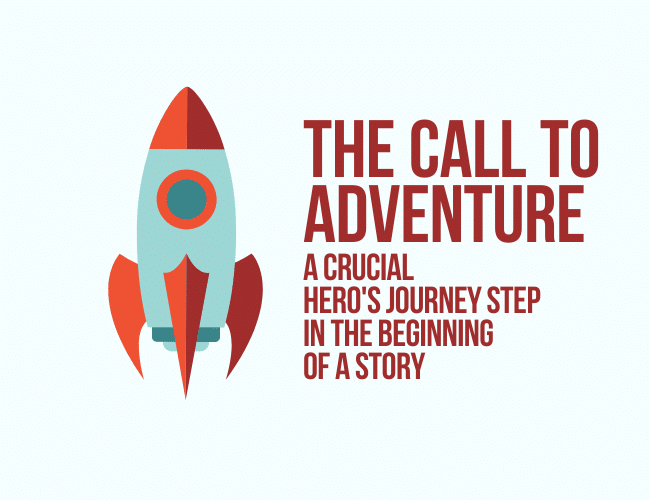
At The Write Practice, we publish a new article each day designed to help writers tackle one part of their writing journey, from generating ideas to grammar to writing and publishing your first book. Each article has a short practice exercise at the end to help you immediately put your learning to use.
Check out the latest articles below or find ones that match your interest in the sidebar.
And make sure to subscribe to get a weekly digest of our latest posts, along with our free guide, 10 Steps to Become a Writer.

You’ve established your story’s Ordinary World. What’s next? It’s time for your hero’s Call to Adventure — a call they must refuse.
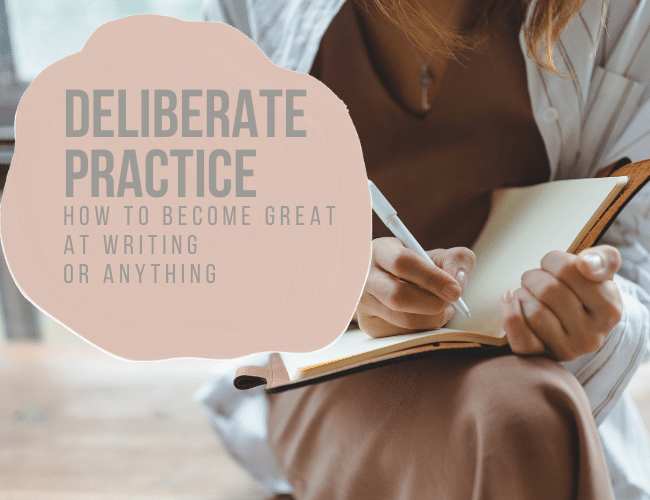
How do you become truly great at something, one of the best in the world? Or at least better than you are?
Many people believe that greatness comes from talent and natural inclination. They believe that great athletes and artists are born, not made, and so what’s the point in trying if you’re not naturally talented?
I used to believe that, too, but everything changed for me when I discovered practice, the idea that not only can you become great through your own efforts, but that all of the best writers, musicians, painters, and athletes in the world have done the same.
In this guide, we’re going to be exploring how you can become a better writer by following the principles of deliberate practice (this is The Write Practice, after all), but generally, how you can improve your skill level in any field.
We’ll look at the four components of deliberate practice that will make your practice time actually work. Finally, we’ll get a chance to start actually practicing our writing through a creative writing exercise.
Ready to accomplish your writing goals? Let’s get started!

Road trips yield great stories. Why? Because a road trip forces you, your family, your friends, or your characters into uncomfortable and new situations. Add to that the potential for various complications and conflict, and you have all the ingredients for a terrific story. Try one of these new 21 road trip prompts today to get your own story on its way.
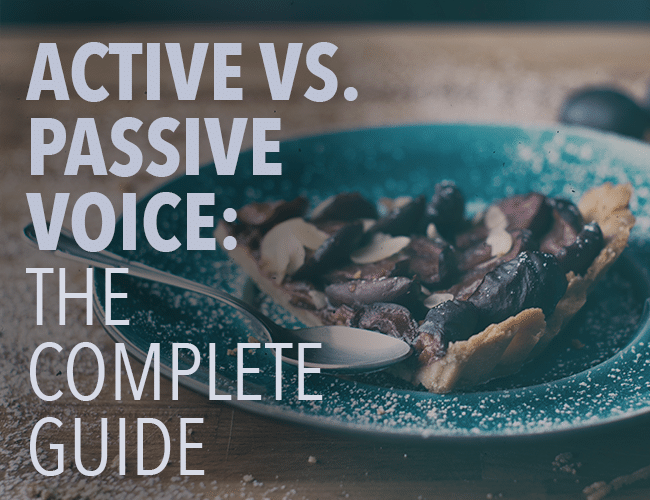
Let’s understand what we mean when we’re talking about “voice” in a passive sentence versus an active voice sentence. In this case, grammatical voice refers to the verb form used in relationship with the subject and receiver of the action.
(This should not be confused with author voice which is more about the personality and style of a writer throughout their work. That’s something entirely different.)
If you’re still confused, let’s look at some examples that will help you see the difference, and then look at how to use each type of sentence to its best effect. Ready?
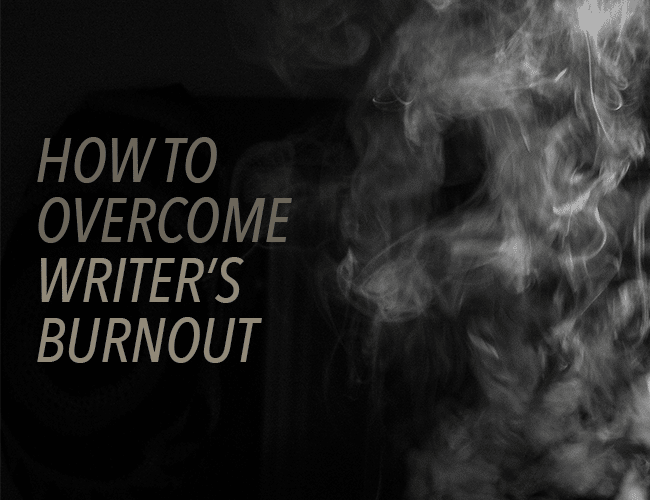
Although I call myself a writer, the last few months I haven’t been writing. I’m not sure exactly what happened, but somewhere between ghostwriting projects and blog posts, I just stopped.
I couldn’t put words on a page, and when I did, the words barely made sense. I stopped writing for a total of three months and no matter what I did, nothing seemed to help. None of the writer’s block tricks were working.
It took me a few weeks to realize that it wasn’t writer’s block I was dealing with. It was writer’s burnout.
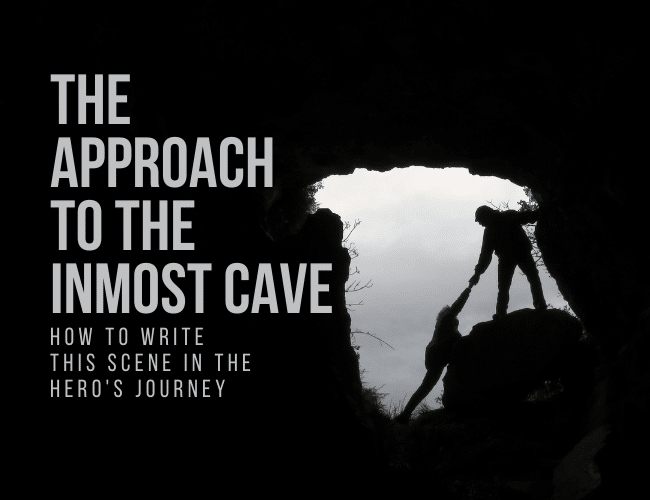
Every great heroic story has that moment. It’s the deep breath before the plunge. The calm before the storm. The quiet before the calamity. In the Hero’s Journey, it’s the Approach before the Ordeal.
It’s an essential moment you need to plan for and build around as you draft your story. And to do it right, you’re going to need to figure out three key elements.
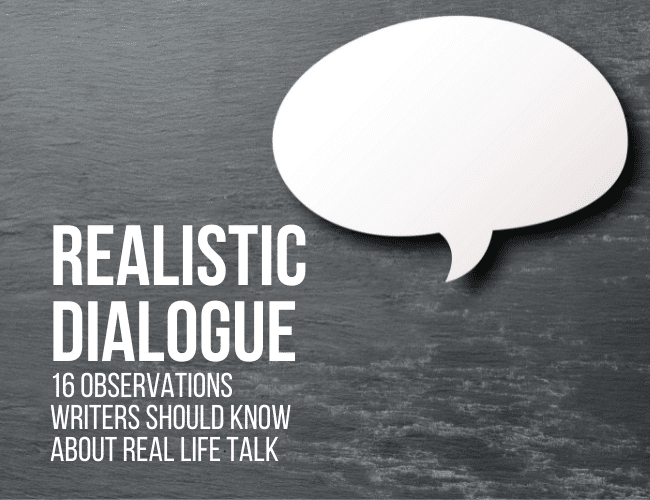
Dialogue can make your story. In fact, as Shakespeare knew, you can tell a whole story just through authentic dialogue.
Good stories are about real people, and people in real life love to talk to each other. We are biologically disposed to receive pleasure from conversation.
If you want to write good stories, learn how to write effective dialogue. In this article, you can learn sixteen dialogue tips that will help you take everyday conversations and turn them into stretches of dialogue that benefit your story.
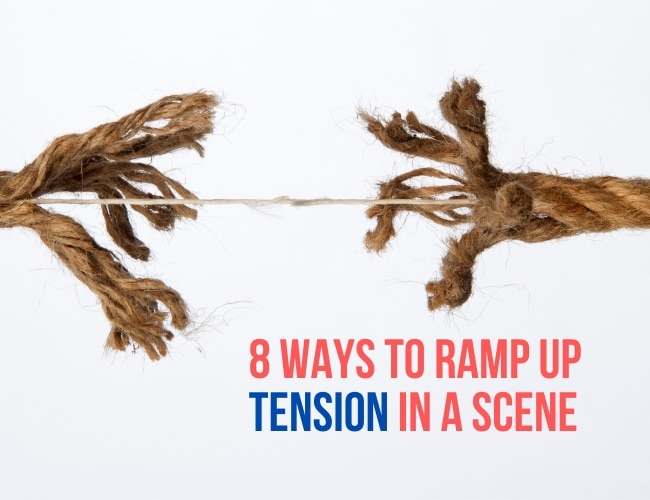
Writing tension can be tricky. Have you ever received feedback that a scene is boring or should be cut, but you know that it’s crucial to the overall plot? What do you do? You probably need help writing tension, taking the scene from good to great. Let's look at eight...
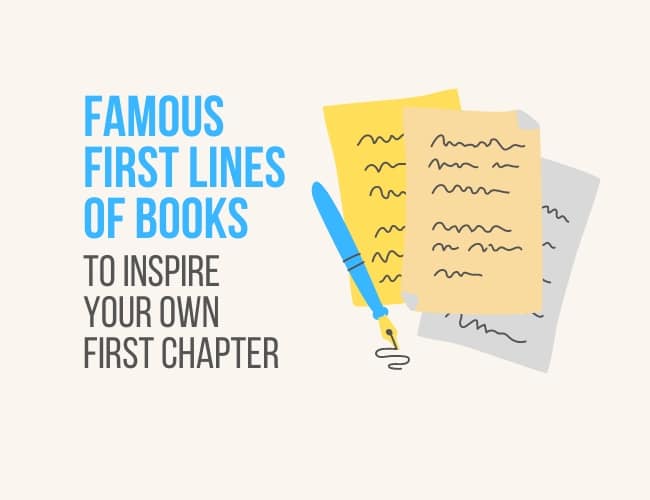
You never get a second chance to make a good first impression. That’s why these famous first lines of books are a terrific opportunity to learn from the masters of fiction. Take a look and see if one of your own favorites is here.
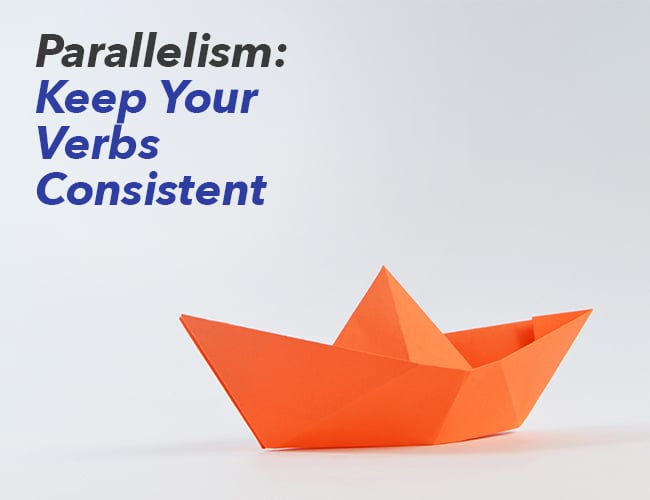
A few weeks ago, our group of friends was planning a potluck. One of the girls said she was planning on making vegetarian chili, cornbread, or baking cookies. I cringed internally because the flow of the sentence was wrong and hurt me on the inside. The issue: mismatched parallelism.